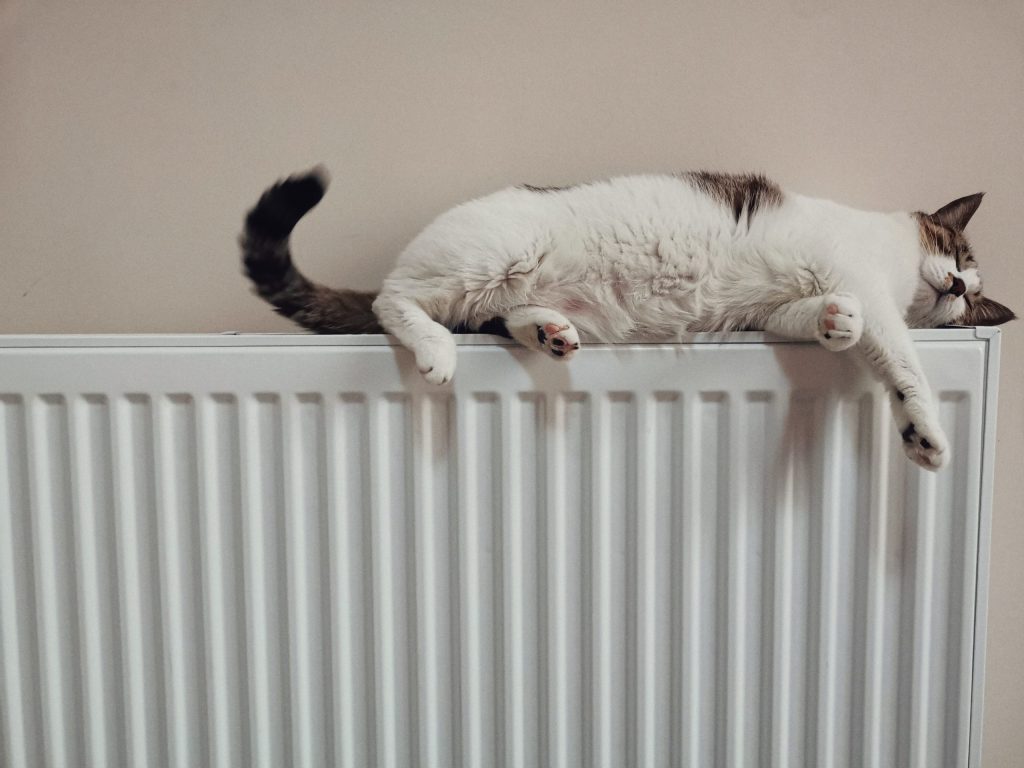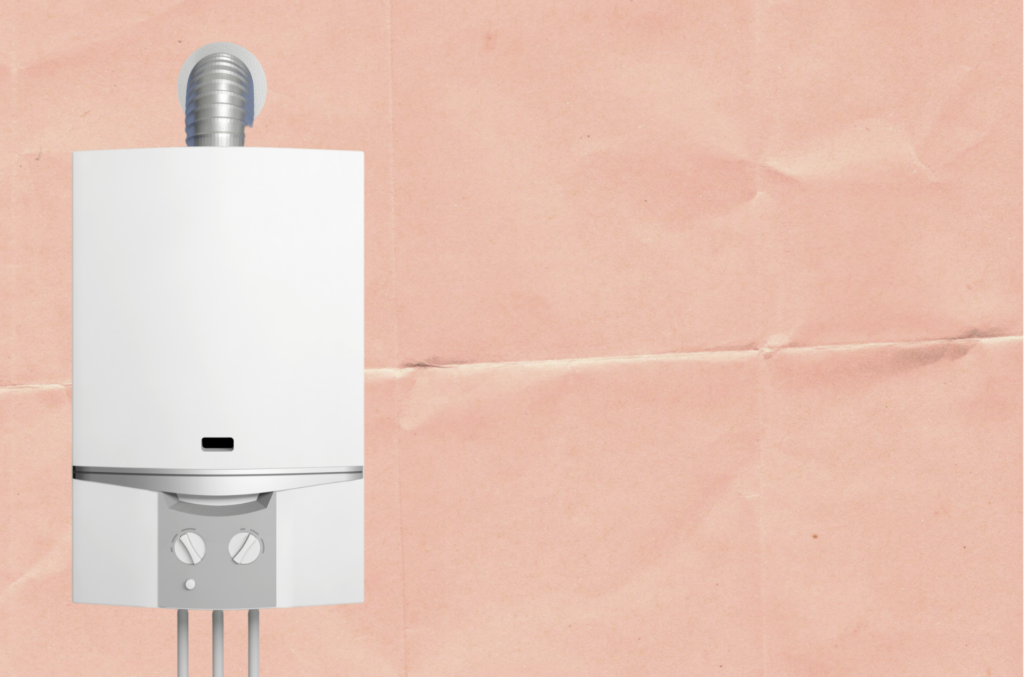It’s a sound no homeowner wants to hear; the whirring, crunching noise of a boiler on the blink, and a siren call that the months ahead are going to be fraught with stress and shivering.
Because let’s face it; getting a new boiler can be a complex and expensive process. As such, it pays to take good care of yours to ensure its longevity. Generally speaking, a boiler lasts around fifteen years or so, but if you don’t look after your boiler, it could well break down sooner. Conversely, if you keep an eye on your boiler and maintain it periodically, it could work efficiently for over twenty years.
How do you make sure that you are one of the lucky ones to have a boiler that works for more than two decades, we hear you ask in a rather convoluted fashion?
Well, let’s first preface this thing; there are many different types of boilers and every house and heating system differs, but there are a few simple steps applicable to all types of boiler, and these are those; here’s how you could potentially double your boiler’s lifespan.
Regular Boiler Services
Our first suggestion would be to get an annual boiler service. Getting a boiler service will prevent any future issues that your boiler might face by nipping any lurking ones in the bud.
To the eyes of the layperson, it can be hard to identify a minor issue, as it will usually be occurring beneath the surface of the boiler. Engineers, on the other hand, will find any small breakages or blockages and catch them before they turn into larger issues that have more impactful consequences.
A boiler service is carried out by a Gas Safe registered engineer – you can check if yours is registered using the unique 7-digit licence number found on their ID card and checking it against this website.
Once verified, the engineer will check that the boiler is working correctly and efficiently and look for signs that parts might be about to fail, so you can decide if you want to take action to prevent a breakdown. The main advantage of scheduled maintenance over waiting for the part to fail is that you won’t be left without heating and hot water when you’re least expecting it.

What Do Boiler Services Entail?
You may wonder what actually happens during a boiler service. As Boiler Solutions, who offer boiler repair in London, inform us, it includes:
- Taking apart the boiler and inspecting the casing and boiler seals. This is to check if there are any signs of leakage.
- They will check the gas rate to see if your boiler is burning as it’s meant to, and if it’s using fuel as efficiently as possible.
- The pressure is checked to see it’s working as per the manufacturer’s instructions.
- A combustion analysis is carried out – to check the rate of combustion of the gas.
- The safety device is checked to make sure it is working correctly.
- During a service, everything is cleaned to prevent any build-up of sludge or excess dirt.
Power Flush
Getting a power flush is the process of cleaning your boiler and removing the dirt – a combination of rust, sludge and general debris that has been collected over time.
All this build-up causes blockages that can cause problems in the future. If regular power flushes are neglected, this build-up gets out of hand and leads to full breakdowns. Generally, it’s recommended that you get a power flush every 5 years or so.
If it hasn’t been 5 years yet, there still may be reasons why getting a power flush is necessary. These are issues including cold showers, dirty water, increased heating bills, banging pipes or poor circulation of heat. The most obvious sign would be that your boiler breaks down completely; there is no hot water and your radiators are completely cold.
During the process, chemicals are pumped through the pipes and into the radiators by specialised machines. This is specially designed to get rid of all the matter in the pipes that lead to blockage and prevents future corrosion and scale formation.
Costing between £400 and £550 on average, including labour costs, this isn’t something you can DIY. Rather, a registered engineer or technician is required.
Bleed Your Radiators
Though you shouldn’t try to tackle power flushing yourself, you can bleed your radiators, which is another easy way to extend the life of your boiler.
Doing so allows to let any air trapped in the radiators and pipes to escape. Radiators have an Automatic Air Vent to do this, but sometimes air still gets in and rises to the top. When this happens, you will find that the bottom of your radiator is hot, but the top is cold as no hot water can reach it.
How Do You Bleed A Radiator?
Firstly, you need a radiator key, which can be bought at any plumbing or DIY shop and costs next to nothing. At the top of your radiator, there is a bleed point. Simply put your key in and turn it: you will hear the air coming out. Once you get water coming through, close it back up. You might need a tissue just in case any water escapes.

Do A ‘Summer Run’
Central heating in the summer? Seems unnecessary, sure, but it could help prevent future breakdowns. If you have a combi boiler, you may find that there is a ‘summer setting’, where only hot water is needed, not general central heating.
Though useful, some experts actually advise that your central heating is turned on now and then during the summer months. This is because when unused for a long time, the component can seize up and stop working. So, every few weeks, turn the heating on for a short burst. Though it might sound counterintuitive, it’s definitely worth the risk of avoiding a shock in the autumn when you go to turn on your heating and you are met with a broken boiler and, ultimately, a cold house.
Insulate Your Pipes
This process involves covering the exposed pipes between the hot water cylinder and boiler with a foam tube. This saves money because it reduces the amount of heat lost and therefore keeps your water hotter for longer. But, it’s not money that this saves, protecting your pipes against the cold prevents your pipes from splitting, too.
This would cause major leaks. In the winter, pipes getting too cold and freezing is an issue that commonly leads to a boiler repair callout and even breakage. Insulating your pipes is an easy way to prevent this from happening and saves you the effort of scheduling a boiler repair later down the line.
Boiler Insurance
When it comes to safeguarding your home’s heating system, boiler insurance is an often overlooked but essential consideration. Much like any other type of insurance, boiler insurance provides you with the assurance that should your boiler encounter any unexpected failures, you won’t be left in the cold both literally and financially. For those concerned about the upfront costs of such insurance, boiler finance options are available, allowing you to spread the cost over time and manage your budget more effectively.
What Does Boiler Insurance Cover?
Boiler insurance policies can vary, but they typically cover the cost of repairs in the event of a breakdown, including the labor and parts required to get your boiler up and running again. Some policies may also include an annual boiler service, which can help prevent issues before they arise. It’s important to read the fine print, as coverage can differ significantly between providers and policies.
The main benefit of boiler insurance is the potential savings on repair costs. Without insurance, a single boiler repair can be quite expensive, and if you’re unlucky enough to have multiple issues within a year, the costs can quickly add up. Boiler insurance can also offer convenience and speed, as many insurance providers have dedicated repair services that can respond quickly to your needs.
Choosing The Right Policy
When selecting boiler insurance, consider the age and model of your boiler, as some policies have limitations on the boilers they cover. Additionally, weigh the cost of the policy against the potential repair costs and the peace of mind it offers. Remember, the cheapest policy isn’t always the best—look for a balance between comprehensive coverage and a reasonable deductible.

The Importance Of Thermostat Management
Managing your thermostat effectively is not just about maintaining a comfortable temperature; it’s also a strategic way to extend the life of your boiler. Proper thermostat management can reduce the strain on your boiler, leading to fewer cycles, less wear and tear, and ultimately, a longer lifespan.
Optimise Your Thermostat Settings
To maximise efficiency and boiler longevity, consider the following tips:
- Set a Schedule: Use a programmable thermostat to set a heating schedule that aligns with your daily routine. Lower the temperature when you’re away or asleep, and have it warm up the house just before you return or wake up.
- Find the Sweet Spot: Identify the lowest comfortable temperature for your home and keep the thermostat set there. Each degree you lower can save on your energy bill and reduce the workload on your boiler.
- Use Zoning: If your heating system allows, set up zones so that you’re only heating the areas of your home that are in use. This prevents unnecessary heating and reduces the demand on your boiler.
The Benefits of Smart Thermostats
Upgrading to a smart thermostat can take your boiler management to the next level. Smart thermostats can learn your habits, adjust to temperature changes automatically, and be controlled remotely. This not only improves the efficiency of your heating system but also helps to maintain an even workload on your boiler, avoiding the stress of constant temperature swings.
The Bottom Line
Extending the lifespan of your boiler is a multifaceted endeavor that requires regular maintenance, proactive measures, and strategic planning. Remember, a little attention and care can go a long way in preserving the heart of your home’s heating system.
If all hope is lost, check out our IDEAL guide to buying a new boiler to avoid any nasty surprises in the buying process.





